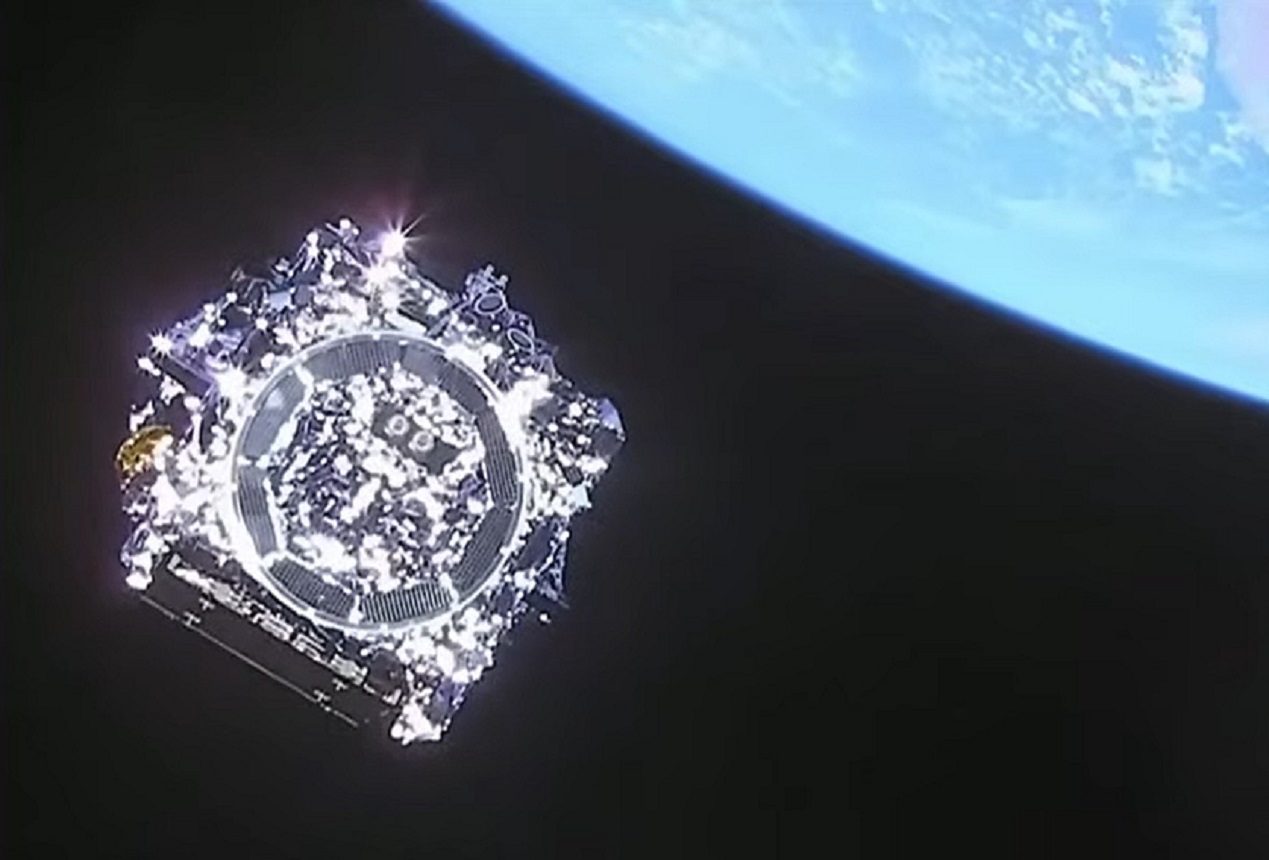Note: All submitted events must be approved before they appear in the calendar.

- This event has passed.
Profs & Pints DC: An Inside Look at the Webb Telescope

Profs and Pints DC presents: “An Inside Look at the Webb Telescope,” with Ori Fox, who has been involved in the telescope’s launch, commissioning, and ongoing research as an instrument scientist at the Space Telescope Science Institute.
“First light,” is a phrase that astronomers use when describing the very first image obtained with a new telescope. It’s also a phrase that astronomers use to describe the electromagnetic radiation emitted from the very first stars and galaxies formed in the Universe.
Dr. Ori Fox has seen both kinds of “first light” as a scientist at the Baltimore-based Space Telescope Science Institute, which is the operations center for National Aeronautics and Space Administration’s James Webb Space Telescope.
Join him at DC’s Little Penn Coffeehouse for a behind-the-scenes look at the $10-billion telescope from its launch through its first looks deep through space and time. He’ll display some of the magnificent images produced by the telescope and discuss both them and some of the instrument’s freshest data.
The fascinating science that has already emerged from Webb has shown us some of the farthest galaxies and new kinds of supernovae. Dr. Fox specializes in the study of supernovae, the explosions of stars as they reach the end of their life. He’ll discuss how, being brighter than entire galaxies, they’ll be much easier to detect at the edge of the universe than individual stars and can potentially illuminate our understanding of when it all began.
He’ll field your questions about the telescope at the end of a talk that will enable you to experience the thrill of breakthrough scientific discovery. (Advance tickets: $12. Doors: $15, or $13 with a student ID. Listed time is for doors. Talk starts 30 minutes later. Please allow yourself time to place any orders and get seated and settled in.)
Image: Humanity’s last glimpse of the James Webb Space Telescope before it heads off to the great beyond. Photo: Arianespace, ESA, NASA, CSA, CNES
